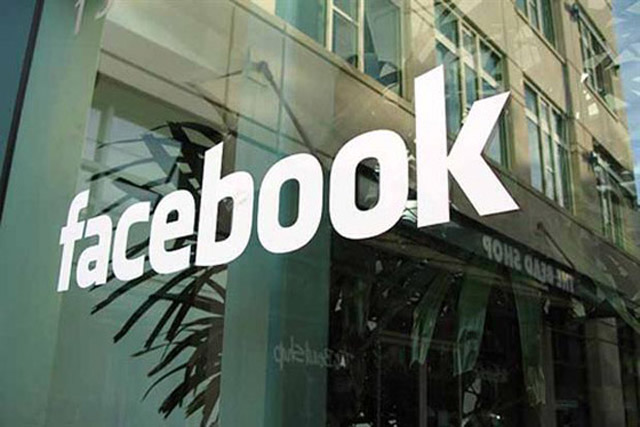
The social network said it has introduced changes to the news feed which will reduce the number of spam articles popping up.
Many Facebook users will be familiar with headlines that begin with "You’ll NEVER believe..." but don’t give any further information.
In a joint post, Facebook product specialist Joyce Tang and research scientist Khalid El-Arini, said: "Posts like these tend to get a lot of clicks, which means that these posts get shown to more people, and get shown higher up in News Feed."
Now luring users through to stories will not be enough to guarantee a top spot on users’ news feeds.
If users click through to a link and then come straight back to Facebook, it suggests that they didn’t find something that they wanted.
Facebook said it would start measuring how long users spent on a site after clicking on a link, and whether they went on to share or discuss the story themselves.
In their joint post the pair said: "If they click through to a link and then come straight back to Facebook, it suggests that they didn’t find something that they wanted,
"With this update we will start taking into account whether people tend to spend time away from Facebook after clicking a link, or whether they tend to come straight back to News Feed when we rank stories with links in them."
Facebook said the changes would punish a "small number" of publishers, but said it didn’t want to drown out content that users genuinely wanted to see. Although reports elsewhere point to BuzzFeed and UpWorthy as companies potentially in the firing line, the two are unlikely to be affected, since many users genuinely share and discuss stories from both.



.jpg)
.jpeg)
